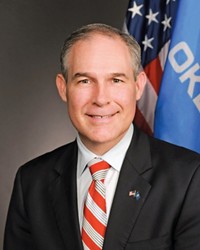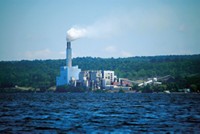Advertisement
Grab your lab coat. Let's get started
Welcome!
Welcome!
Create an account below to get 6 C&EN articles per month, receive newsletters and more - all free.
It seems this is your first time logging in online. Please enter the following information to continue.
As an ACS member you automatically get access to this site. All we need is few more details to create your reading experience.
Not you? Sign in with a different account.
Not you? Sign in with a different account.
ERROR 1
ERROR 1
ERROR 2
ERROR 2
ERROR 2
ERROR 2
ERROR 2
Password and Confirm password must match.
If you have an ACS member number, please enter it here so we can link this account to your membership. (optional)
ERROR 2
ACS values your privacy. By submitting your information, you are gaining access to C&EN and subscribing to our weekly newsletter. We use the information you provide to make your reading experience better, and we will never sell your data to third party members.
Environment
Northeast states agree on plan to reduce CO2
August 21, 2006
| A version of this story appeared in
Volume 84, Issue 34
Seven northeastern states have agreed on a regional cap-and-trade program to reduce power plant emissions of carbon dioxide, a greenhouse gas linked to global warming. The states agreed in December to create a mandatory program to curb emissions, and a model set of regulations released last week established the reduction targets. Beginning in 2009, emissions of CO2 from power plants in the region would be capped at 121 million tons annually until 2015. The states would then begin reducing emissions incrementally over a four-year period to achieve a 10% reduction by 2019. Draft regulations to implement the program will be introduced in Connecticut, Delaware, Maine, New Hampshire, New Jersey, New York, and Vermont. Maryland plans to join the Regional Greenhouse Gas Initiative by June 2007. "This is a watershed moment in the fight against global warming," says Jim Marston of Environmental Defense. "Now it's time for federal legislators to take their heads out of the sand and pass legislation to cut global warming pollution." New York Gov. George E. Pataki initiated the RGGI process in 2003 in a bid to spur federal action on climate change. The Bush Administration has refused to participate in the Kyoto protocol, an international treaty to reduce carbon emissions, contending that it would damage the U.S. economy.





Join the conversation
Contact the reporter
Submit a Letter to the Editor for publication
Engage with us on Twitter